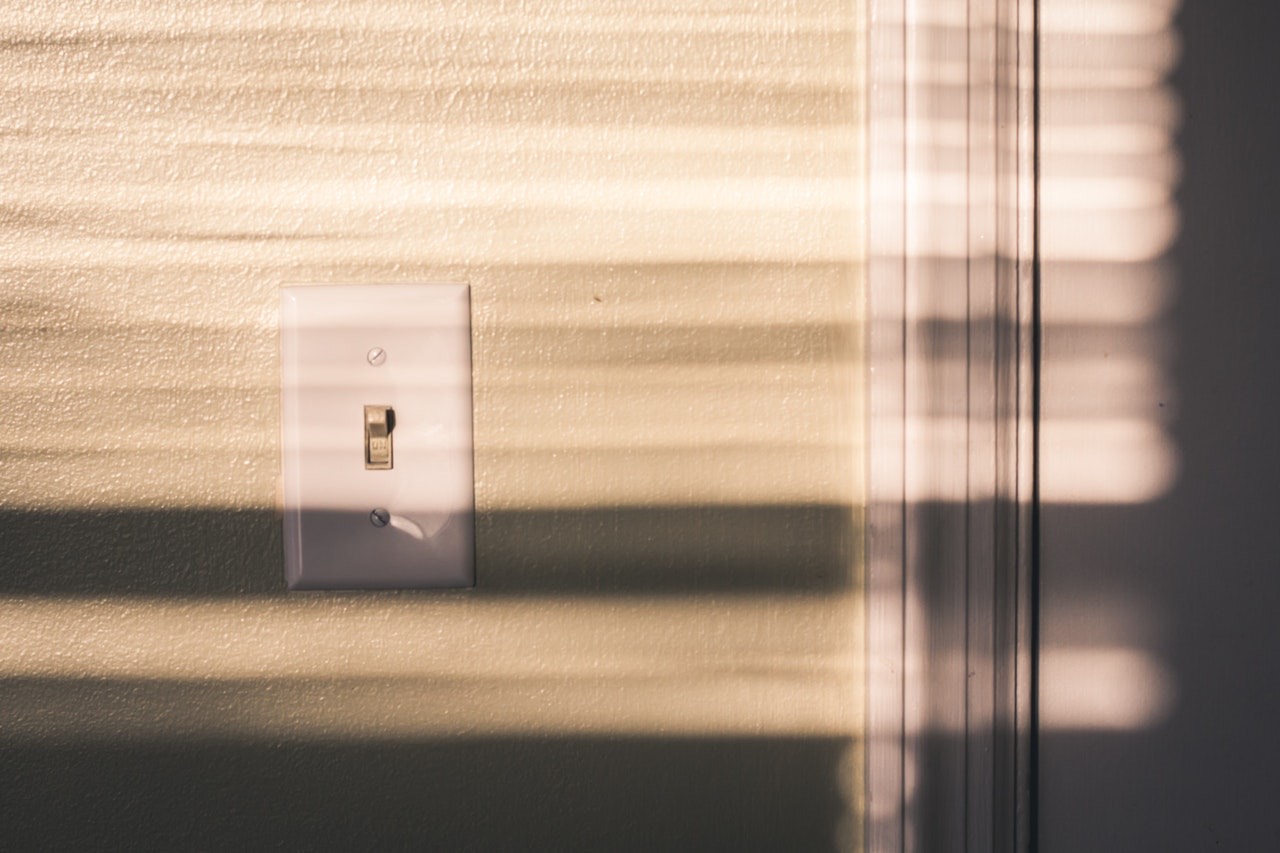
What Could Cause a Breaker to Keep Tripping?
How to Fix a Breaker that Keeps Tripping
A circuit breaker is a device that protects the electrical power system in your home, office, or commercial space. Whenever too much electricity flows through the circuit breaker it “trips,” which shuts off the flow of electricity from the power source to any electrical devices. When this happens, you’ll have to locate the circuit breaker and switch it back on so the power starts flowing again. Although this can be a nuisance, circuit breakers are actually important safety devices. Without them, your home or office would be at much higher risk for electrical fire and your appliances and electrical devices would be damaged whenever there was a power surge.
A circuit breaker tripping every so often is nothing to be too concerned about. However, there may be times when you notice that a breaker is tripping several times a month, a week, or even daily. That’s definitely not normal and indicates a more serious problem. What could cause a breaker to keep tripping like that? Here are 3 common reasons:
- Circuit Overload: If you’ve ever switched on a vacuum, used a hair dryer, or cranked up the air conditioner only to have the appliance immediately shut off, then you’ve experienced an electrical circuit overload. A circuit overload is the main thing that could cause a breaker to keep tripping. An overload occurs when the appliances you’re using draw more amps than the circuit can safely handle. That’s why the appliances mentioned above are so often the culprit in these cases. They require a lot of amps to run, so if a particular circuit is already close to its amp limit, then adding any large appliance will cause too much power to start flowing and cause a breaker to trip.
- Short Circuits: A short circuit is any electrical current that strays outside its intended circuit. More specifically, a short circuit occurs when the wire that carries current (the “hot” wire) touches the neutral wire, which provides the return path back to the source of the current. This condition is known as a “short” circuit because the current is bypassing the full circuit wiring and flowing back immediately to the source by a shorter pathway. This immediately creates a surge of energy and heat, which, in turn, causes the circuit breaker to trip and stops all current flow. If you check the breaker and detect a burning smell or notice dark discoloration around it, then you definitely experienced a short circuit.
- Ground Fault Surges: A ground fault surge is generally defined as a situation when a hot wire makes contact with either the grounding wire or a grounded portion of the electrical system, such as a metal electrical box. This is considered to be a type of short circuit and will cause excess electricity to pass through the system. The breaker will trip in order to protect the circuit, reduce the risk of fire, and prevent any bystanders from getting shocked. If your breaker trips and you see discoloration around the power outlet, then you may have experienced a ground fault surge.
Do you have any circuit breakers that are frequently tripping? Are you wondering what could cause a tripped circuit breaker? It’s best that you not try to fix this issue on your own. Instead, call Apollo Electric. Apollo’s team of professional and friendly contractors will come to your home or office, find the source of the problem, and fix it quickly. Apollo Electric has been providing the five boroughs of New York City with exceptional electrical services since 1995. Contact Apollo Electric today.

